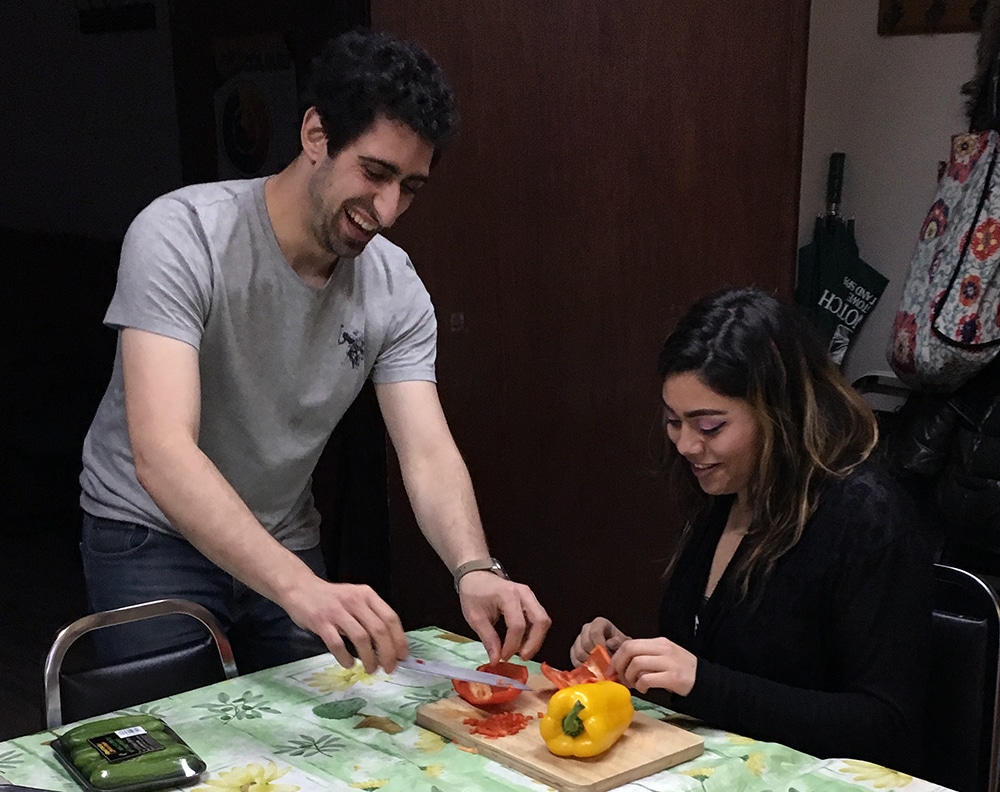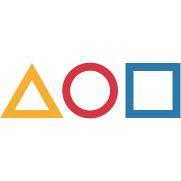What’s the common denominator between providing food, funds and a community centre? Each provides an individual with dignity.

The Azrieli Foundation has been helping strengthen communities in Canada and Israel since the foundation began.
In Toronto, one of our community recipients is Jewish Free Loan Toronto. In Montreal, we proudly support Ometz, and in Israel, we are helping Leket Israel.
Meet an incredibly talented violinist and learn about how Jewish Free Loan Toronto, with a multi-year donation from the Azrieli Foundation, is helping Daniel Temnik achieve his dream.
Jewish Free Loan Toronto was founded in 1924 with the sole purpose of helping people help themselves. JFLT provides 0% interest loans to help individuals in need navigate trying times, reach academic goals and actualize their dreams. Today, they have more than 800 loans worth over 3 million dollars circulating in the community.

Leket Israel is a national organization that takes a common sense approach to hunger, by rescuing donations of fresh, surplus food and redistributing it to people in need. The Azrieli Foundation has been supporting Leket since 2010.


Ometz (the Hebrew word for “courage”) is an organization that merged three best-in-class agencies in Montreal (Jewish Immigrant Aid Services, Jewish Employment Montreal, Jewish Family Services) into one, reaching more than 13,000 people annually.
However, hundreds of vulnerable young Quebecers were slipping through the cracks; “aging out” of the public system without coordinated community support.
In March 2019, Ometz announced a new centre, with lead funding by the Azrieli Foundation, which will offer comprehensive services and programming in an inclusive and community-based environment.
The centre will encourage 16 – 35 year olds to connect and form supportive relationships as well as provide advocacy, training, education, employment and empowerment opportunities. At Ometz, many of the young people who seek help have complex backgrounds that include poverty, undiagnosed learning and intellectual disabilities, Autism Spectrum Disorder, low literacy levels, mental illness, loss of a parent, poor parenting, lack of positive adult role models, physical and/or sexual abuse, and time spent in Youth Protection Services.










